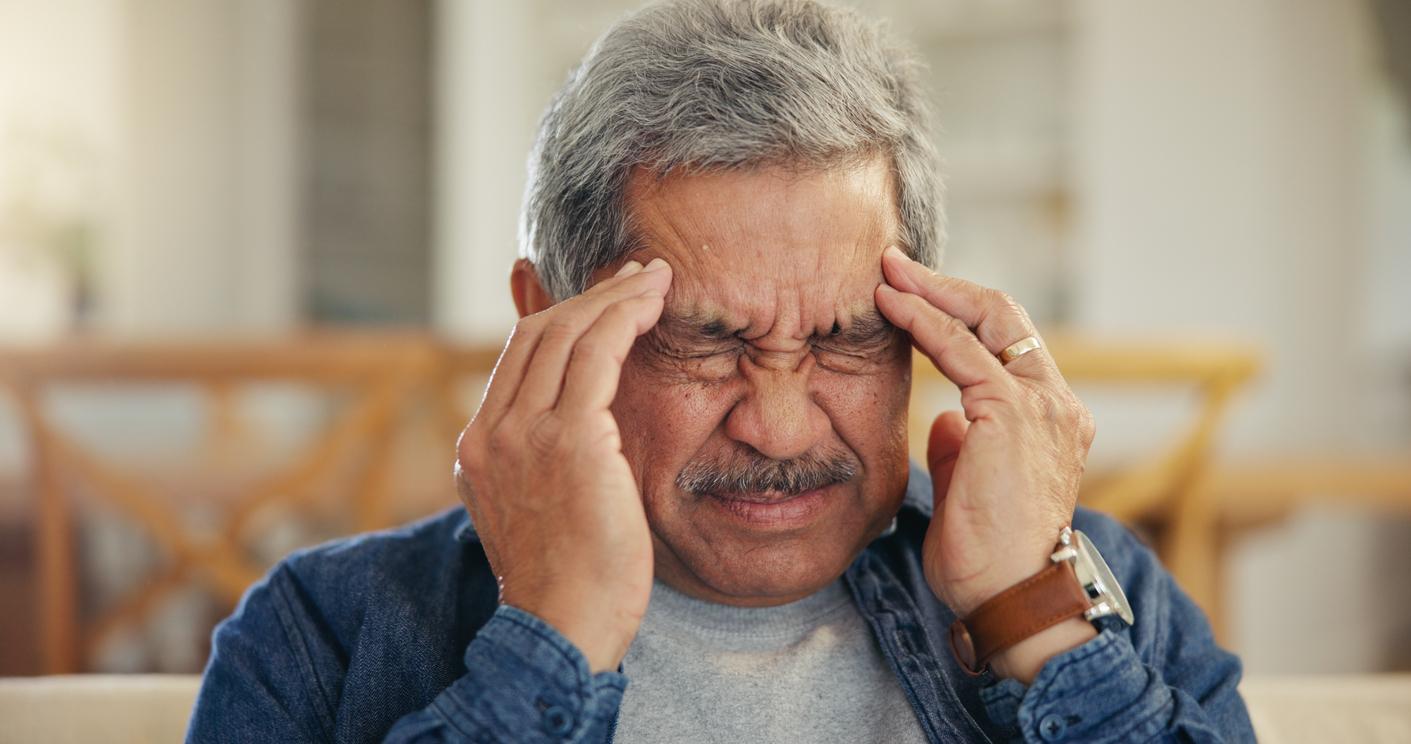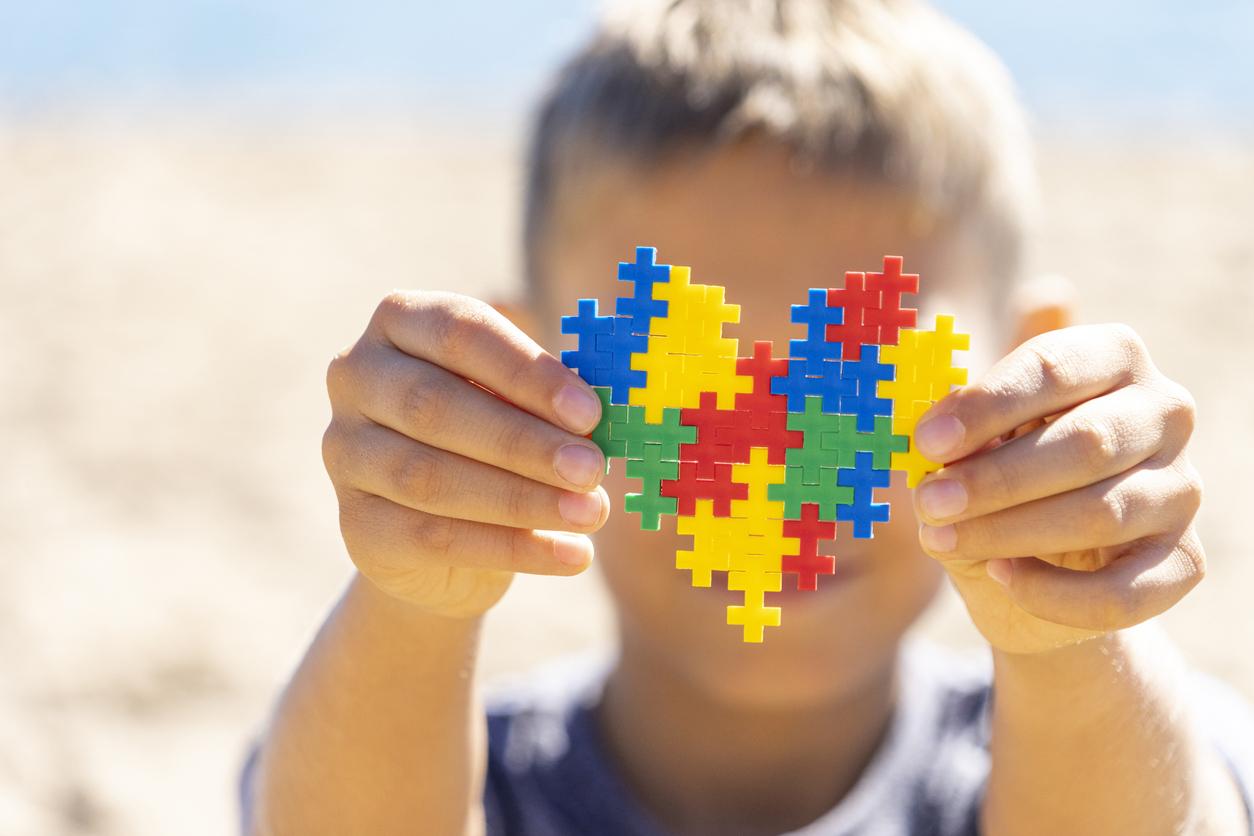Since the start of the coronavirus epidemic, French psychiatrists have noticed an increase in the number of consultations and fear that they will reach saturation.

- Since the start of the health crisis, psychiatrists have noticed a deterioration in the mental health of the French.
- Untreated mental disorders can lead to suicide.
Faced with the health and economic crisis, psychiatrists are concerned about the mental health of the French. Pr Antoine Pelissolo, psychiatrist, university professor and hospital practitioner (PU-PH Paris-Est Créteil University), notes, with his colleagues, an increase in consultations since the start of the coronavirus epidemic, correlated with a peak in hospitalizations urgently during July and August in Ile-de-France.
“Two processes of aggravation”
“There are two processes of aggravation”, explains the specialist. “First, we see more patients who had never consulted before for psychiatric disorders. Then, patients already suffering from a mental illness see their condition worsen, in particular because their follow-up has been interrupted because of the health crisis”.
Pathological anxiety, depression, insomnia and addictions are common reasons for consultation, with the margins of psychotic disorders. “When problems interfere with daily life, do not resolve themselves and settle over time, you have to ask for help”, continues the health professional. “The longer we wait, the more difficult the psychiatric disorder is to treat. The deterioration of the mental health of the French is not to be taken lightly, because certain disorders can lead to suicide”, warns Antoine Pelissolo.
“One health crisis should not hide another”
A concern shared with Michel Debout, psychiatrist and professor of forensic medicine, specialist in suicide prevention. In the columns of Echoes, the doctor recalls “the link between economic crisis and suicide. It is indisputable, it has been documented since the crisis of 1929, and more recently during the crisis of 2008. One health crisis should not hide another. And that This could have devastating consequences not for the elderly, but for active workers”.
Worldwide, “The Covid-19 virus not only attacks our physical health, it also increases psychological suffering”, continues António Guterres, Secretary-General of the United Nations, in a video message presenting a report on the impact of the coronavirus epidemic on mental health. The document explains that “psychological distress among populations is widespread and that a long-term increase in the number and severity of mental health problems is likely.”
Data presented by Public Health France indicate that a reconfinement, even local, would be particularly harmful. During the first week of confinement (March 23 to 25), the prevalence of anxiety among the French was 26.7%, i.e. a rate twice that observed in a previous survey (13.5% in 2017 ).
A higher risk of anxiety was associated with:
1/ socio-demographic characteristics: being a woman, a parent of child(ren) aged 16 or under, declaring a difficult financial situation;
2/ living conditions linked to the epidemic situation: teleworking during confinement and having a loved one who is sick or who has had symptoms of Covid-19;
3/ knowledge, perceptions and behaviors in the face of Covid-19: perceive Covid-19 as a serious disease and feel vulnerable to this disease. Conversely, having a good knowledge of the modes of transmission of the disease, respecting containment measures, feeling capable of adopting protective measures and having confidence in the action of public authorities reduced the risk of anxiety.
“I’m afraid that we will soon reach saturation”
Antoine Pelissolo adds: “we should also increase the number of psychiatric nursing staff within the care structures, because I am afraid that we will soon reach saturation. Teleconsultation can make it possible to treat certain cases and relieve the flow of patients, but it does not replace a face-to-face, the interactions are much less rich”.
Last June, the National Suicide Observatory pleaded for the establishment of a committee on suicide risk, which has not yet been set up.
.

















